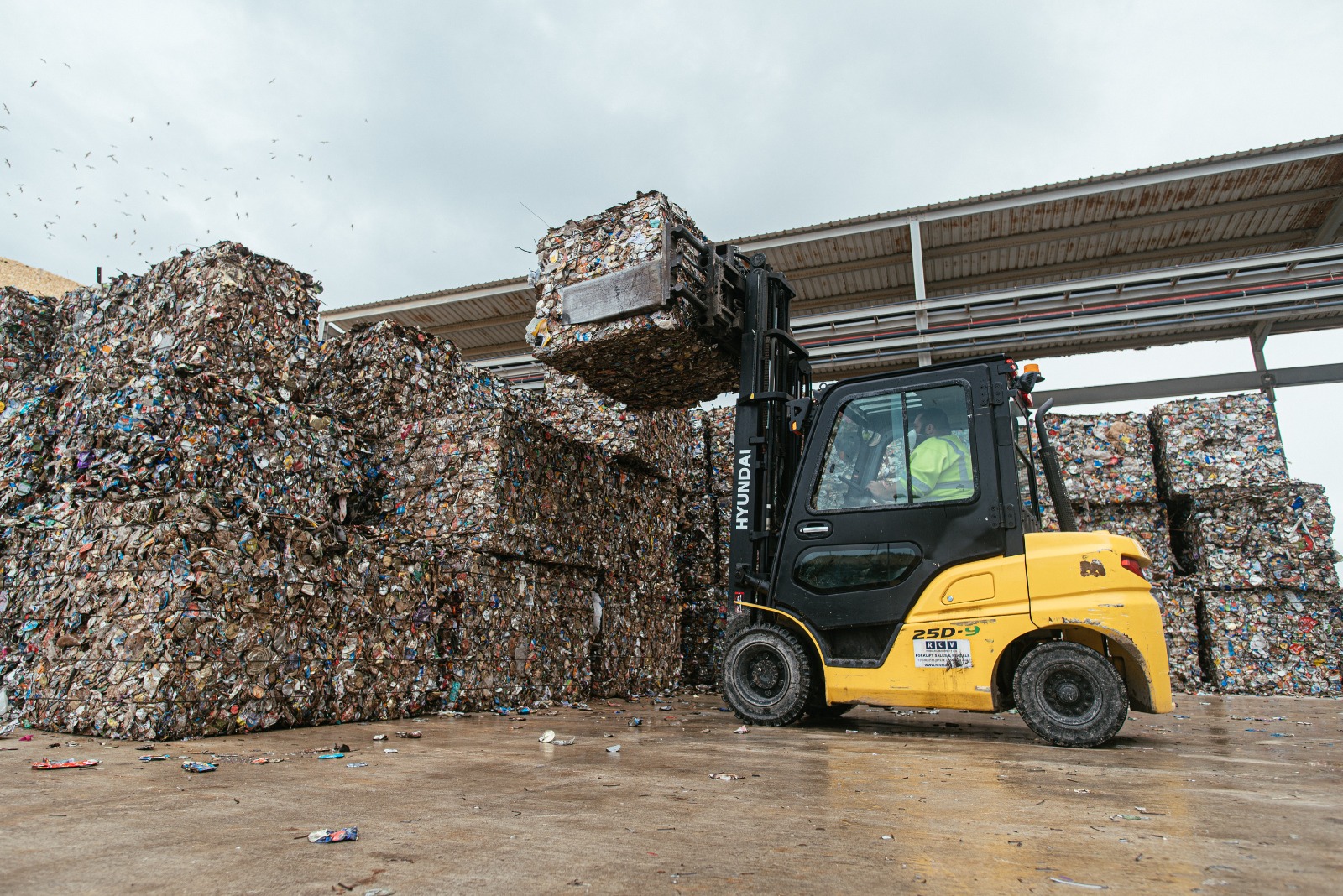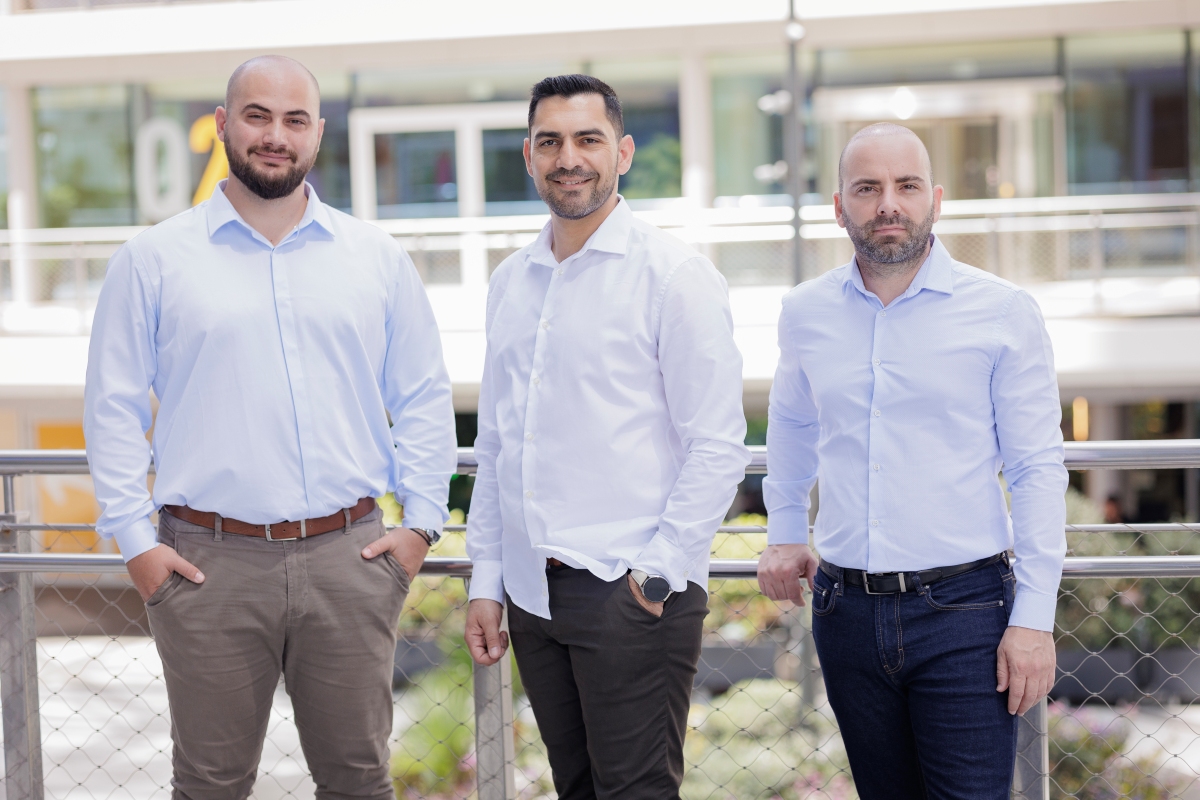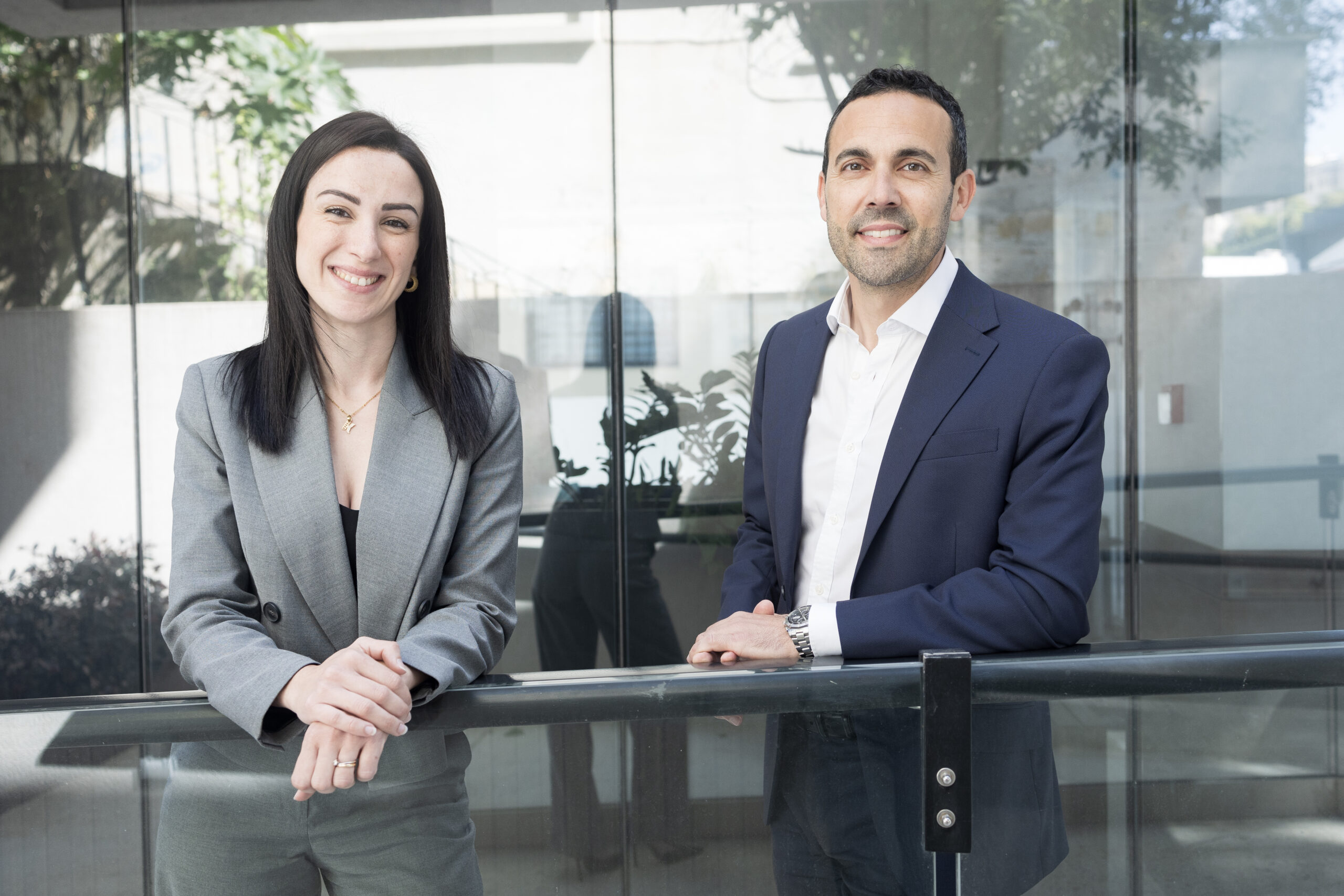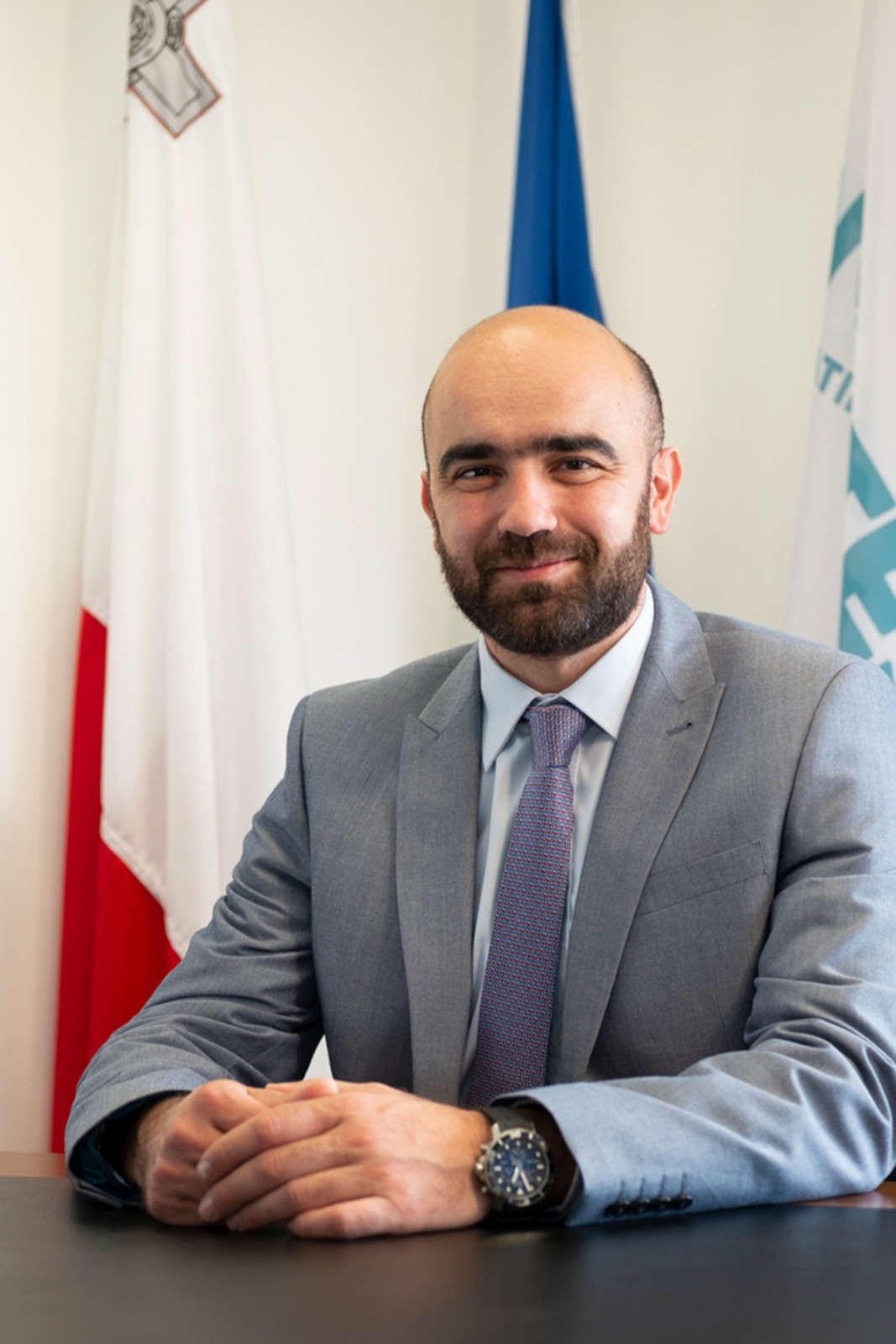
2021 will be the most productive year for recyclables since WasteServ first opened its doors 19 years ago. Over the past few years, the company has doubled its performance every six months, processing record-breaking amounts of cardboard and paper, metal, glass and plastic. Yet this is only a teaser of what is to come, according to the company’s CEO, Richard Bilocca.
When asked about this year’s performance, Richard does not hesitate to attribute the success to his team first and foremost. “It’s all thanks to the workers. They did all the work to get us to this point,” he says, before thinking back to a time when things were quite different.
“WasteServ used to be looked down upon and the employees knew it and felt it, but now they’re associated with success. Their management is with them on the shop floor. Their Minister visits twice a month. They’re regularly seen on the news, and their efforts are being noticed by the public. The motivation is felt by the whole team. I think of them as an unstoppable army,” he smiles, proudly.
One other factor that has contributed to this year’s success is the notable increase in the population’s trust and support. “We’ve reached a point where, as much as we’d like to further improve our performance, that improvement depends on the general public,” Richard explains. “This is a much bigger challenge, but when the separation of waste in the household is associated with something successful, it leads to better results.”
With momentum and enthusiasm driving unprecedented performance for the company, the CEO points out that these are important foundations for his long-term vision. “The operations setup we have created is like an elastic band. If you tug at it suddenly, it will snap. But if you pull it slowly and steadily, it will stretch a lot farther.”
On the basis of this analogy, Richard goes on to describe the exciting plans that are currently in progress. “2021 was a good year, but we’ve only just started. We expect an even better performance in 2022, and in five years’ time, WasteServ will be unrecognizable” he states with confidence.
The ECOHIVE project is the main catalyst behind this transformation. Backed by an investment of €500 million, it is set to revolutionise the way waste management is approached, fast tracking the country’s overall transition to a circular economy and allowing Malta to use its waste as a resource. The venture involves the construction and operation of five different plants within the ECOHIVE Complex in Magħtab. These facilities will complement one another to ensure maximum efficiency.
Richard sets the scene. “At the moment, Malta is at the bottom of the EU scoreboard for waste management. The ECOHIVE project will not merely help us climb the ladder, it will propel us to the very top. We’re going from zero to 100,” he asserts.
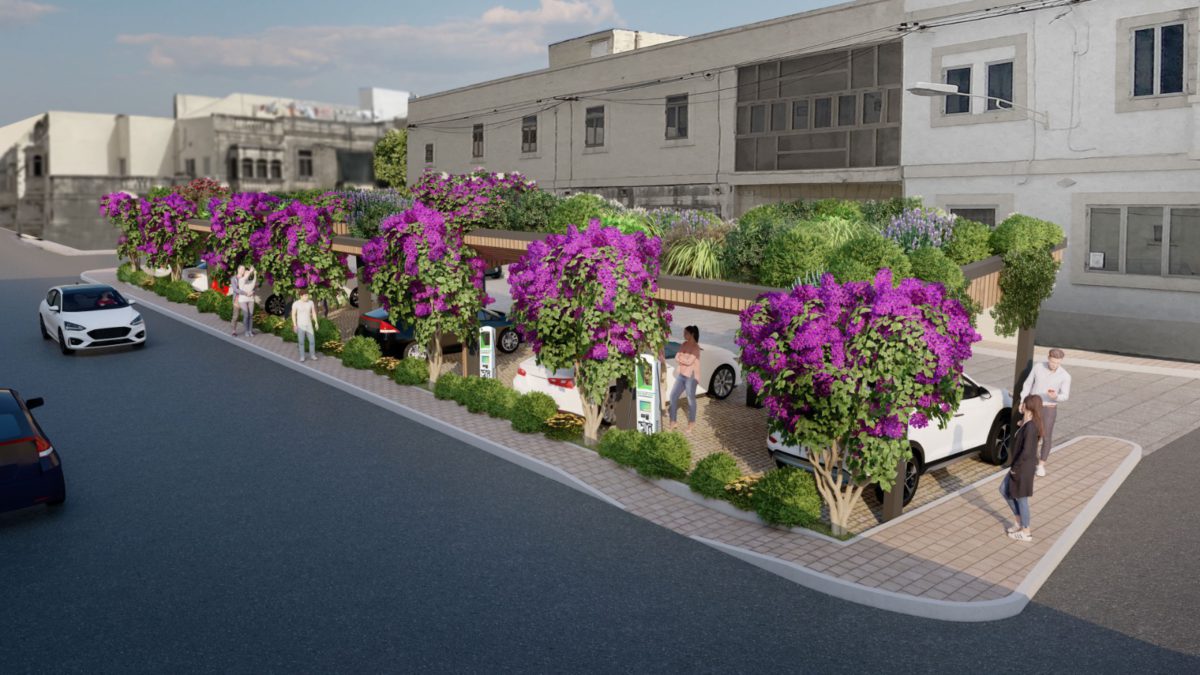
“Until last year, 93 per cent of waste collected by the company was sent to the landfill. With ECOHIVE, it will be possible to get this close to 10 per cent in a number of years,” he maintains. “It’s a serious claim and a drastic shift, but the investment behind it is just as drastic – we’re talking about half a billion Euro of capital investment alone.”
The new Waste-to-Energy plant is the first of five responsible for this forecasted drop in landfill waste. The plant will receive waste that cannot be recycled or recovered in other ways, and will produce enough electricity to power Gozo and Mellieħa. Predictions of future population growth were studied in great detail to ensure maximum potential capacity, the CEO affirms, and what’s more, the flexibility of the plant will also aid with the influx of population during summer months. In short – this plant will be built to last.
“This is not a pie in the sky. The Waste-to-Energy project will receive the final bids in the procurement process by the end of January 2022,” Richard resolves. “Dialogues with bidders have been going on for a year now. It’s a lot of work, meeting almost daily, but it’s progressing well.”
He goes on to clarify that the Waste-to-Energy plant will be operational 42 months after the adjudication, by which time WasteServ will also have a new Skip Management Facility. Around 47,000 tonnes of unsorted mixed bulky waste delivered in skips make their way to the landfill every year. In this regard, the new facility will act as a waste control mechanism for skip-loaded waste, while also allowing the company to recover waste which has not yet reached its end-of-cycle state for reuse, recycle and exportation.
The third facility within the ECOHIVE enterprise is the Organic Processing Plant, which will generate energy while also producing large quantities of agricultural compost. The CEO describes the reasoning behind this: “the waste that currently enters the landfill already releases carbon dioxide into the atmosphere. Now, instead of having that carbon dioxide lost over a number of years, it will be released in a contained, mitigated manner that generates electricity.”
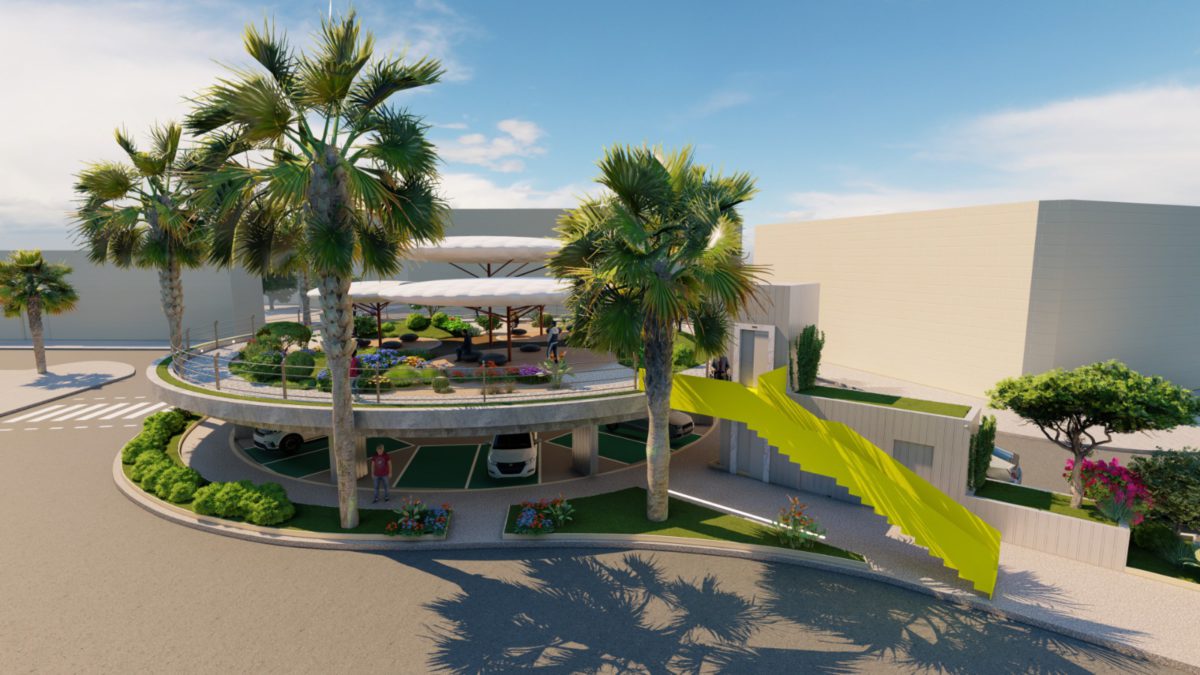
The current Clinical Waste Incineration plant in Marsa is no longer considered fit for purpose, particularly considering the very limiting area in which it is based. This will also be relocated to the ECOHIVE premises in the outskirts of Naxxar, and the new plant will also contribute to the generation of electricity.
Finally, a fully-fledged Material Recovery Facility for dry recyclables will round off the ECOHIVE project, and promises to be a technological marvel of automated waste separation. This plant will be able to receive and treat co-mingled material (that is, paper, cardboard, plastic and metal).
The most impressive feature of the ECOHIVE is the way all five plants are integrated to work in sync, supporting and supplying each other. Richard gives a few examples of how this will work: “any rejects from the Material Recovery Facility will go straight to the Waste-to-Energy plant for processing. This, in turn, may provide the hot water needed by the Organic Processing Plant, and so on.”
“These plants are not being designed based on our current performance, mind you,” the CEO warns, “they’re being designed on the assumption that we’ll be in a position to reach national EU targets – namely that we see a reduction in black bags and an increase in recyclables collection.”
With the entire operation expected to be completed within the next five years, Richard and his team certainly have their work cut out for them. Yet he is hopeful and determined, stating, “the ECOHIVE will take us from a situation where waste is a problem to one where waste is a resource.”
The ECOHIVE might be a mammoth task in itself, but it is certainly not the sole focus of the company. GreenServ, the new urban greening project implementation arm within WasteServ, has recently been set up to deliver a new lease on life to Malta’s dense urban areas. The division focuses on transforming disused spaces into green areas for public outdoor recreational facilities, while delivering plenty of health and well-being benefits to residents.
Richard outlines the current projects, starting with the transformation of a car park roundabout in Hamrun. “We are going to cover the car park with a roof garden. This will hit multiple birds with one stone; providing shade for the cars and their drivers while also creating a lush garden above it, which one can access with an elevator.” He emphasises that this is not about placing a few potted plants here and there. “We want to create an experience that is completely different to what residents have access to at the moment. We’re bringing the benefits of the countryside to them – local herbs, fresh scents, lush greenery.”
The embellishment of a stormwater culvert in Qormi will be just as invigorating. “At the moment, the channel looks like an ugly, concrete coffin. Now, people will enjoy a garden full of trees and aromatic plants, a jogging track, and even a small amphitheatre,” Richard details.
“The garden in Mosta is even more significant,” he continues, “as we are expropriating a large, private orchard which previously belonged to the famous criminal Cikku Fenech and turning it into a beautiful garden that serves the public.”
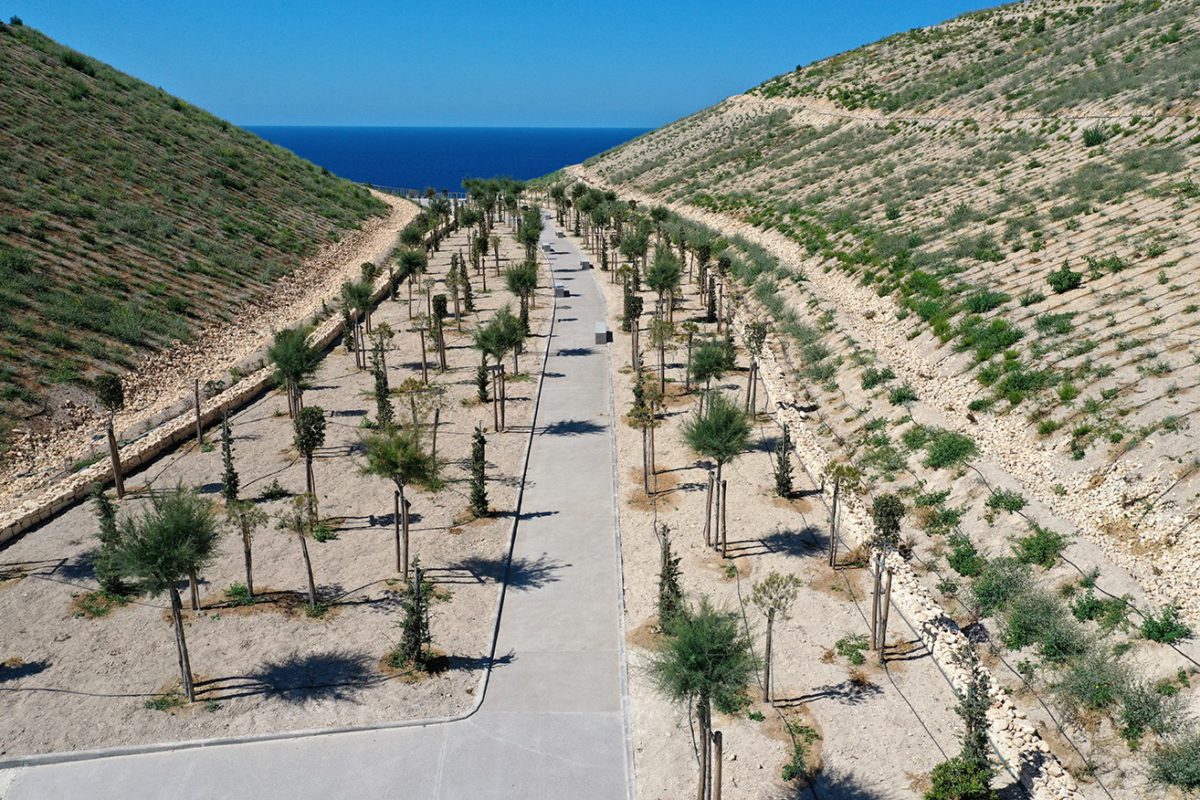
The list of GreenServ projects is endless.
Other greening projects have already been completed successfully, such as the rehabilitation of the landfills in Wied Fulija in Żurrieq and Qortin, Gozo.
Then there are those which are still in the planning phase, such as the roofing of the Santa Venera tunnels and the St Anne Street project in Floriana. The latter involves the complete excavation of the road, the construction of a tunnel and the erection of a garden above it.
With so many monumental projects happening simultaneously, there is no doubt that this is a very exciting time for WasteServ. When asked about his plans for seeing it all through, Richard reiterates that it’s all about the human resources.
“I believe that you are as good as your people. We’re recruiting a lot of young employees who are full of energy and can give value. The return on investment on quality additions is massive,” he declares. “My job is to make my position redundant in a few years, because we will have a system that works by itself. And we’re getting there.”
Malta’s next leap: Secured
How ESET delivers enterprise-grade security to meet Malta’s digital ambitions
Mastering the language of business: How BELS is crafting bespoke training for a dynamic economy
BELS Malta Director of Studies Arianna Muscat on how the language school helps companies equip their teams for success.
Built differently – CLA Malta offers custom solutions in a cookie-cutter landscape of tax advisory and business
Their client-centric philosophy extends far beyond conventional consultancy.


